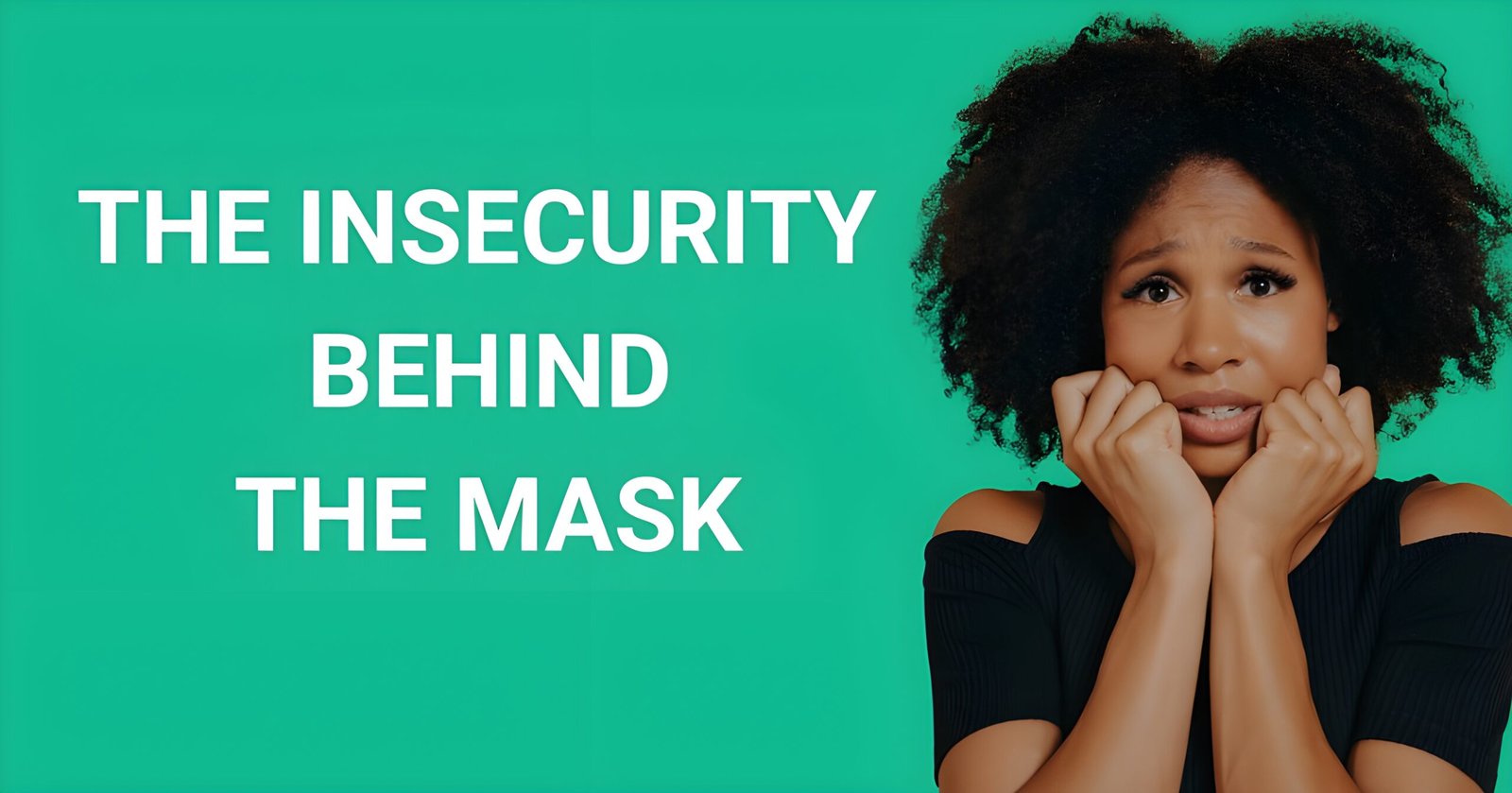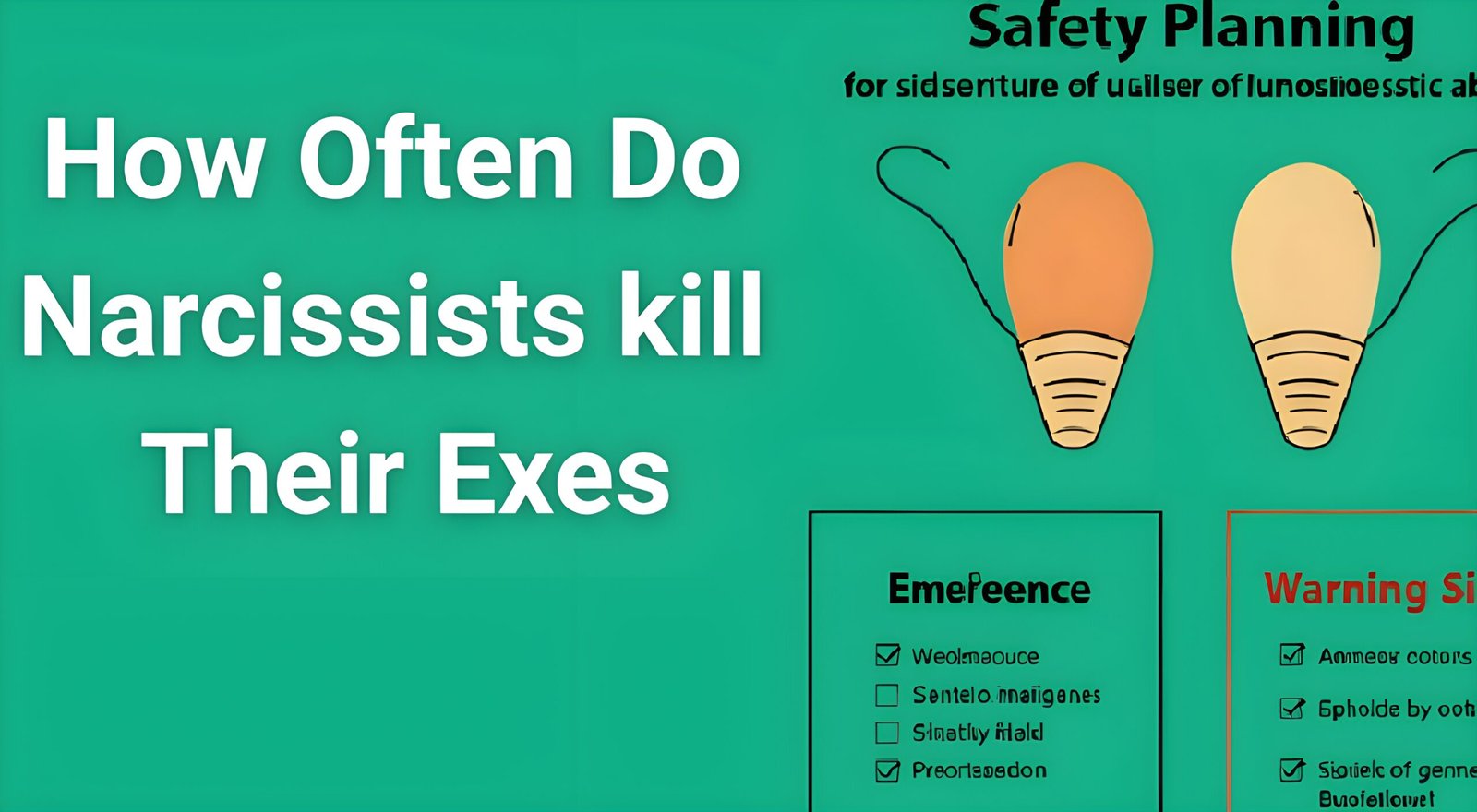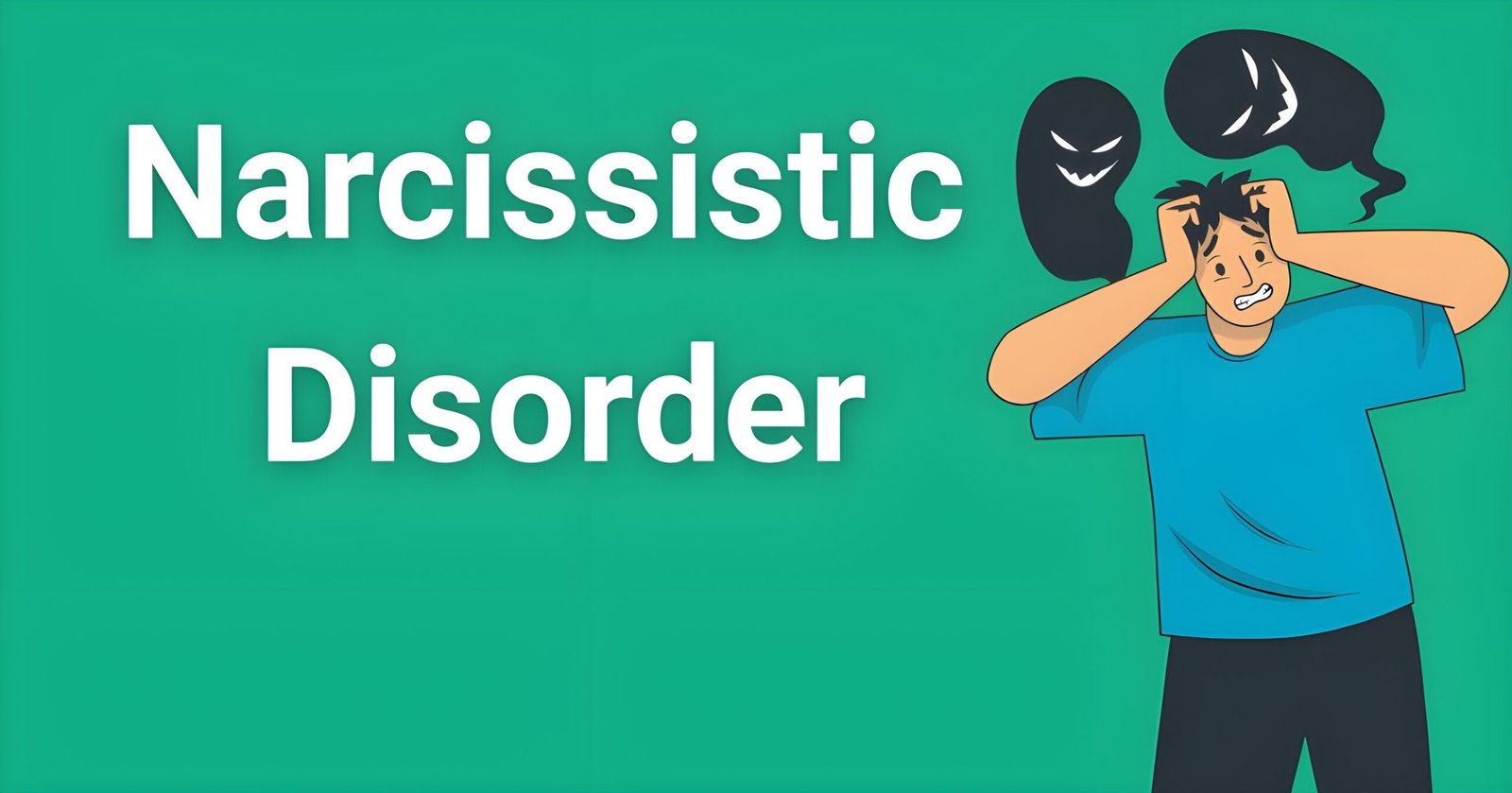Are narcissists insecure? After 7 years of helping survivors as a certified narcissistic abuse specialist, I’m about to reveal a truth so devastating it will completely transform how you understand the person who made you question your own reality.
- The Paradox That Breaks Every Survivor’s Mind
- The Shocking Reality Behind Narcissistic Confidence
- The Neuroscience of Narcissistic Insecurity
- Why Narcissistic Insecurity Looks Like Confidence
- The Developmental Roots of Narcissistic Insecurity
- How Narcissistic Insecurity Manifests in Relationships
- The Insecurity-Rage Connection
- Why Recognizing Their Insecurity Matters for Survivors
- The Difference Between Healthy Insecurity and Narcissistic Insecurity
- How Their Insecurity Becomes Your Trauma
- Can Insecure Narcissists Change?
- Frequently Asked Questions About Narcissistic Insecurity
- Key Takeaways: The Truth About Narcissistic Insecurity
- Conclusion: From Their Insecurity to Your Liberation
The Paradox That Breaks Every Survivor’s Mind
When you’ve been crushed by someone who seemed supremely confident, when you’ve watched them tear you down while appearing unshakeable themselves, when you’ve seen them project an image of grandiose superiority—asking “are narcissists insecure” feels almost absurd. How could someone so seemingly powerful actually be insecure?
In my 7 years working with survivors at NarcissismExposed.com, this question emerges when survivors begin to see through the narcissistic facade. The realization that their all-powerful abuser might actually be deeply insecure creates cognitive dissonance that can either liberate or confuse them further.
The answer will either validate everything you’ve intuited about their behavior or shatter your understanding of power dynamics in abusive relationships.
The Shocking Reality Behind Narcissistic Confidence
Through my extensive work with thousands of survivors, I’ve discovered that the question “are narcissists insecure” touches the very core of narcissistic personality disorder. What appears as confidence is actually an elaborate psychological defense system built to protect profound vulnerability.
The False Self Construction: Every narcissist operates from what psychologists call a “false self”—a grandiose persona created to hide devastating insecurity. This false self isn’t occasional behavior; it’s their primary way of existing in the world.
The Shame-Rage Cycle: Beneath every narcissistic display lies what researchers call “toxic shame”—a deep belief that they are fundamentally flawed and unworthy. When this shame is triggered, it explodes into narcissistic rage to protect their fragile ego.
The Constant Validation Need: Their insecurity drives an insatiable need for narcissistic supply—constant admiration, attention, and validation from others. Without this external validation, their entire sense of self begins to crumble.
As a certified narcissistic abuse specialist, I’ve observed that understanding whether narcissist are insecure becomes crucial for survivors who need to make sense of the confusing dynamics they experienced.
The Neuroscience of Narcissistic Insecurity
Recent brain imaging studies from leading research institutions provide compelling evidence that directly answers “are narcissists insecure” at the neurological level.
Amygdala Hyperactivity: Neuroimaging research published in Social Cognitive and Affective Neuroscience shows that narcissists have heightened amygdala responses to perceived threats to their self-image. This means their brains are literally wired to perceive insults and criticism as dangerous threats.
Prefrontal Cortex Dysfunction: The areas of the brain responsible for emotional regulation and realistic self-assessment show altered functioning in narcissistic individuals. This neurological reality explains why they struggle with accurate self-perception and emotional stability.
Reward System Abnormalities: The dopamine pathways that process reward and self-worth show dysfunction in narcissistic brains, creating an addiction-like dependence on external validation to maintain psychological equilibrium.
These findings definitively answer “are narcissists insecure” from a scientific perspective: their brains show clear signs of threat sensitivity and validation dependency that characterize deep insecurity.
Why Narcissistic Insecurity Looks Like Confidence
In my 7 years of research and clinical work, I’ve identified the sophisticated mechanisms narcissists use to transform insecurity into apparent confidence:
Grandiose Overcompensation
When you ask “are narcissists insecure,” you’re observing the result of extreme overcompensation. Their grandiose behavior, arrogance, and superiority complex are psychological reactions against feeling small, inadequate, and worthless.
The Inflation Defense: Every boastful claim, every put-down of others, every display of superiority serves to inflate their deflated sense of self. The bigger their insecurity, the more grandiose their compensation becomes.
Projection of Inadequacy: They constantly criticize and belittle others to avoid confronting their own feelings of inadequacy. By making others feel small, they temporarily feel bigger.
Control as Security
Narcissistic insecurity drives an obsessive need for control over their environment and relationships. If they can control how others see them, they can maintain the illusion of security.
Image Management: They invest enormous energy in crafting and maintaining their public image because any crack in that facade threatens to expose their underlying insecurity.
Reality Distortion: Gaslighting and manipulation serve to create a reality where their insecurity is never challenged or exposed.
The Developmental Roots of Narcissistic Insecurity
Understanding whether narcissist are insecure requires examining how this insecurity develops. Through my work at NarcissismExposed.com, I’ve studied the childhood patterns that create this profound insecurity:
Conditional Love and Validation: Many narcissists experienced childhood where love was conditional on performance, appearance, or achievement. They learned that their authentic self was unacceptable, creating deep insecurity about their true worth.
Emotional Neglect and Invalidation: Others experienced emotional neglect where their feelings and needs were consistently dismissed or minimized. This creates insecurity about their emotional validity and right to have needs.
Trauma and Abuse: Some narcissists developed their personality patterns as protective mechanisms against childhood trauma. Their grandiosity becomes armor against feeling vulnerable and powerless.
Perfectionist Environments: Growing up in families with impossible standards creates insecurity about ever being “good enough,” leading to the narcissistic pursuit of perfection and superiority.
How Narcissistic Insecurity Manifests in Relationships
When survivors ask “are narcissists insecure,” they’re often trying to understand confusing relationship dynamics. Here’s how insecurity drives their abusive behavior:
Love-Bombing as Insecurity Management
The intense beginning phase of narcissistic relationships serves their insecurity needs:
Validation Gathering: Love-bombing isn’t genuine affection—it’s a strategy to secure maximum validation and admiration from their target.
Control Establishment: By overwhelming you with attention, they establish themselves as the center of your world, feeding their insecure need to be special and irreplaceable.
Future-Faking Security: Making grand promises about the future helps them feel important and worthy, even when they have no intention of following through.
Devaluation as Insecurity Protection
The cruel devaluation phase directly stems from their underlying insecurity:
Preemptive Rejection: They tear you down before you can discover their flaws and reject them, protecting their fragile ego from abandonment.
Superiority Maintenance: By making you feel inferior, they maintain the illusion of being superior, temporarily soothing their insecurity.
Projection Defense: They project their own insecurities onto you, calling you needy, dramatic, or unstable—the very things they fear about themselves.
The Insecurity-Rage Connection
One of the most important aspects of understanding “are narcissists insecure” is recognizing how insecurity triggers their explosive anger:
Narcissistic Injury: Any threat to their false self—criticism, being ignored, or having their flaws exposed—creates what psychologists call “narcissistic injury.” This injury to their inflated ego triggers rage as a protective response.
Shame-Rage Spiral: When their deep shame and insecurity are activated, they cannot tolerate these feelings and immediately convert them into rage directed at whoever “caused” the injury.
Control Recovery: Their rage serves to regain control and dominance when their insecurity makes them feel powerless and vulnerable.
Understanding this connection helps survivors realize that narcissistic rage isn’t about anything they did wrong—it’s about the narcissist’s inability to tolerate their own insecurity.
Why Recognizing Their Insecurity Matters for Survivors
Through my work with thousands of survivors, I’ve found that understanding “are narcissists insecure” becomes crucial for several healing reasons:
Reduces Self-Blame and Confusion
Reality Restoration: Recognizing their insecurity helps survivors understand that the abuse wasn’t about their inadequacy—it was about the narcissist’s desperate attempt to manage their own insecurity.
Pattern Recognition: Understanding insecurity-driven behavior helps survivors identify future red flags and protect themselves from similar relationships.
Emotional Validation: Realizing that their “confident” abuser was actually deeply insecure validates survivors’ intuitive sense that something was fundamentally wrong with the relationship dynamics.
Breaks the Trauma Bond
Demystification: Seeing through their false confidence to the insecure person beneath breaks the mystique and power they held over the survivor.
Cognitive Reframing: Understanding their behavior as insecurity-driven rather than confident dominance shifts the power dynamic in the survivor’s mind.
Emotional Detachment: Recognizing their pathetic insecurity can help survivors develop emotional detachment and stop seeking their approval.
The Difference Between Healthy Insecurity and Narcissistic Insecurity
When people ask “are narcissists insecure,” it’s important to distinguish between normal human insecurity and pathological narcissistic insecurity:
Healthy Insecurity Characteristics:
- Acknowledges limitations and areas for growth
- Seeks feedback and genuine connection
- Can tolerate criticism and learn from mistakes
- Doesn’t require constant external validation
- Takes responsibility for actions and emotions
Narcissistic Insecurity Characteristics:
- Requires constant external validation to function
- Cannot tolerate any criticism or perceived slight
- Projects insecurities onto others through blame and rage
- Maintains grandiose false self to hide vulnerability
- Exploits others to regulate their own emotions
Understanding this distinction helps survivors recognize that their empathy for the narcissist’s insecurity doesn’t excuse the abuse or require them to remain in harmful relationships.
How Their Insecurity Becomes Your Trauma
In my 7 years of specialized work, I’ve observed how narcissistic insecurity directly creates trauma for their partners:
Emotional Responsibility: Their insecurity makes you responsible for regulating their emotions, creating an impossible burden that leads to hypervigilance and anxiety.
Reality Distortion: Their need to protect their insecure ego requires them to gaslight and manipulate your perception of reality, causing confusion and self-doubt.
Walking on Eggshells: Never knowing what might trigger their insecurity-driven rage creates chronic stress and trauma responses in survivors.
Identity Erosion: Their insecurity requires them to diminish your sense of self to feel superior, gradually eroding your confidence and self-worth.
Can Insecure Narcissists Change?
Survivors often wonder whether understanding that narcissist are insecure means they can heal and change. Based on my experience, here’s the reality:
Awareness vs. Change: While some narcissists may intellectually understand their insecurity, true change requires:
- Genuine willingness to feel vulnerable emotions
- Ability to tolerate shame without converting it to rage
- Commitment to long-term therapy with a qualified specialist
- Development of genuine empathy and accountability
The Change Paradox: The very insecurity that drives their behavior also prevents change, because healing requires vulnerability—the exact thing their entire personality structure is designed to avoid.
Statistical Reality: Research shows that meaningful personality change in narcissistic individuals is rare and requires sustained therapeutic intervention over many years.
Frequently Asked Questions About Narcissistic Insecurity
Yes, narcissists are deeply insecure. A 2021 NYU study found that narcissism is driven by insecurity, not genuine grandiosity. Researchers discovered that narcissists use “flexing” behaviors to cope with profound feelings of inadequacy and low self-worth. Their confident exterior is actually an elaborate defense mechanism to hide their fear of not being good enough.
Narcissists construct an elaborate mental fortress to shield themselves from their perceived inadequacies. Their grandiose behavior is a compensatory adaptation to overcome low self-worth. They desperately need external validation to maintain their fragile self-image, creating a vicious cycle where their attention-seeking behaviors actually push people away, further aggravating their insecurities.
Narcissists feel deeply insecure about their true identity, whether people actually like them, their achievements never being enough, and being exposed as frauds. They fear being seen as ordinary, facing criticism, and experiencing abandonment or rejection. Their biggest terror is having their carefully crafted image stripped away to reveal their vulnerable, inadequate core self.
Most narcissists are not consciously aware of their deep insecurity because acknowledging it would threaten their entire defense system. Therapy is extremely difficult because it requires the vulnerability they desperately avoid. They must first acknowledge their insecurity and face the very feelings they’ve spent their lives avoiding. While some therapeutic approaches show promise, change requires their willingness to confront their core fears.
Key Takeaways: The Truth About Narcissistic Insecurity
After 7 years of specialized work with narcissistic abuse survivors, here are the essential insights about whether narcissist are insecure:
Narcissists are profoundly insecure beneath their grandiose facade, with neurological research confirming their brains show hypersensitivity to threats and dependency on external validation.
Their apparent confidence is elaborate overcompensation designed to protect against overwhelming feelings of inadequacy and shame that they cannot tolerate.
Understanding their insecurity helps survivors heal by reducing self-blame, breaking trauma bonds, and recognizing that the abuse was about the narcissist’s emotional regulation, not the survivor’s worth.
Narcissistic insecurity drives their abusive behavior, including love-bombing for validation, devaluation for superiority, and rage when their fragile ego is threatened.
Their insecurity cannot be healed by others and typically prevents genuine change because it requires the vulnerability they’re designed to avoid.
Recognizing their insecurity is empowering for survivors but shouldn’t lead to staying in abusive relationships or taking responsibility for the narcissist’s emotional wellbeing.
Conclusion: From Their Insecurity to Your Liberation
The question “are narcississt insecure” reveals one of the most profound truths about narcissistic abuse: the person who made you feel powerless was actually operating from a place of desperate insecurity and vulnerability. Behind every cruel word, every manipulation tactic, every moment of rage was someone so terrified of their own inadequacy that they had to destroy your sense of self to maintain theirs.
Through my 7 years as a certified narcissistic abuse specialist, I’ve watched thousands of survivors experience the liberation that comes from understanding this truth. When you realize that their “confidence” was actually pathetic insecurity, when you see through their grandiose mask to the terrified child beneath, when you understand that every attack on you was really their insecurity screaming—something powerful shifts in your healing journey.
At NarcissismExposed.com, we’ve witnessed survivors transform this understanding into unshakeable strength. No longer do you need to fear their rage, seek their approval, or doubt your own perceptions. You can see them clearly now: not as powerful predators, but as deeply wounded individuals whose insecurity made them dangerous to your wellbeing. Are narcissists insecure? Absolutely—and understanding this truth is often the key that unlocks your freedom from their psychological prison.
Your worth was never determined by their opinion. Your reality was never defined by their distortions. Your future is not limited by their insecurity-driven abuse. You are free to build a life where no one’s insecurity ever again becomes your burden to carry.







